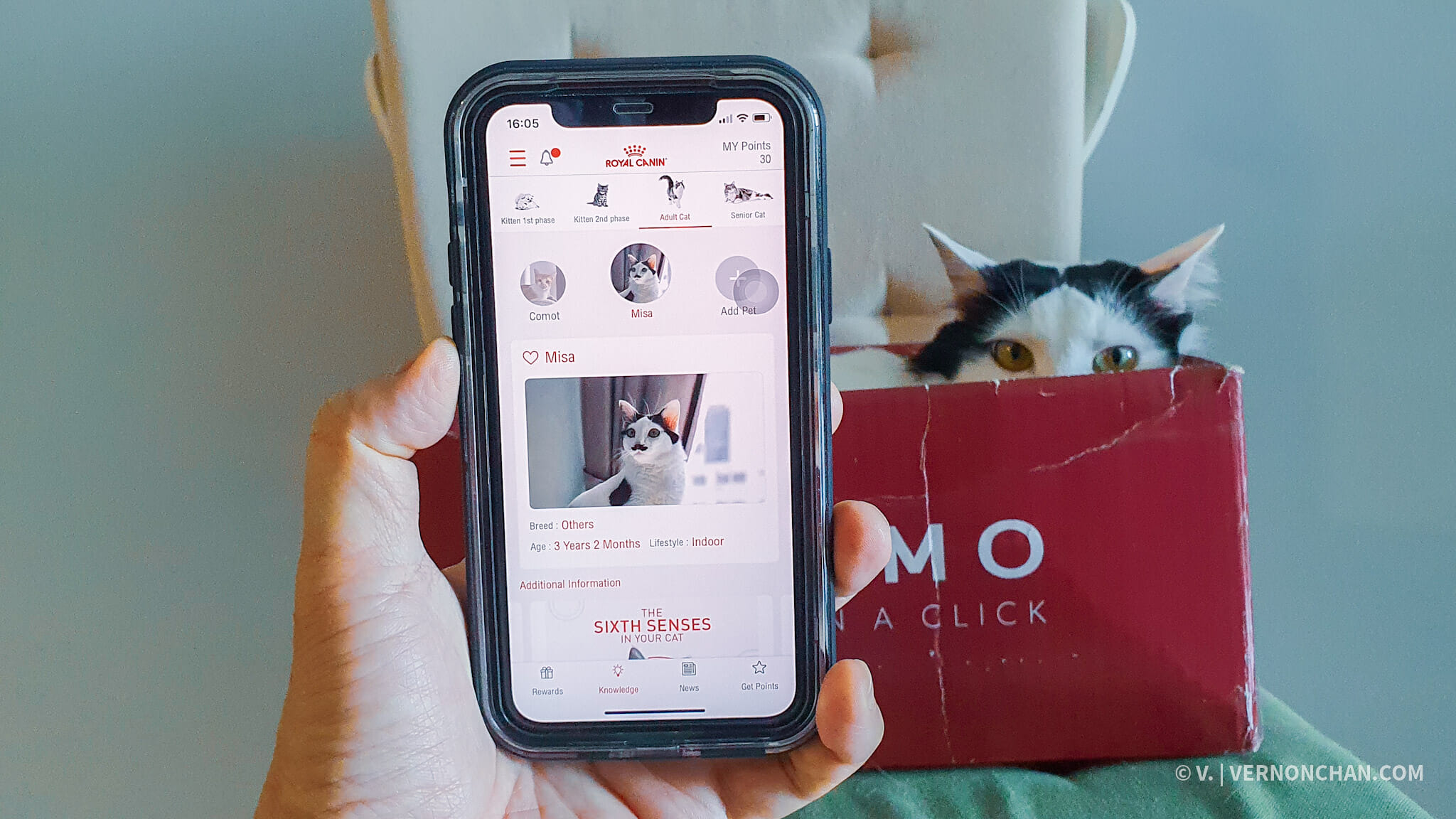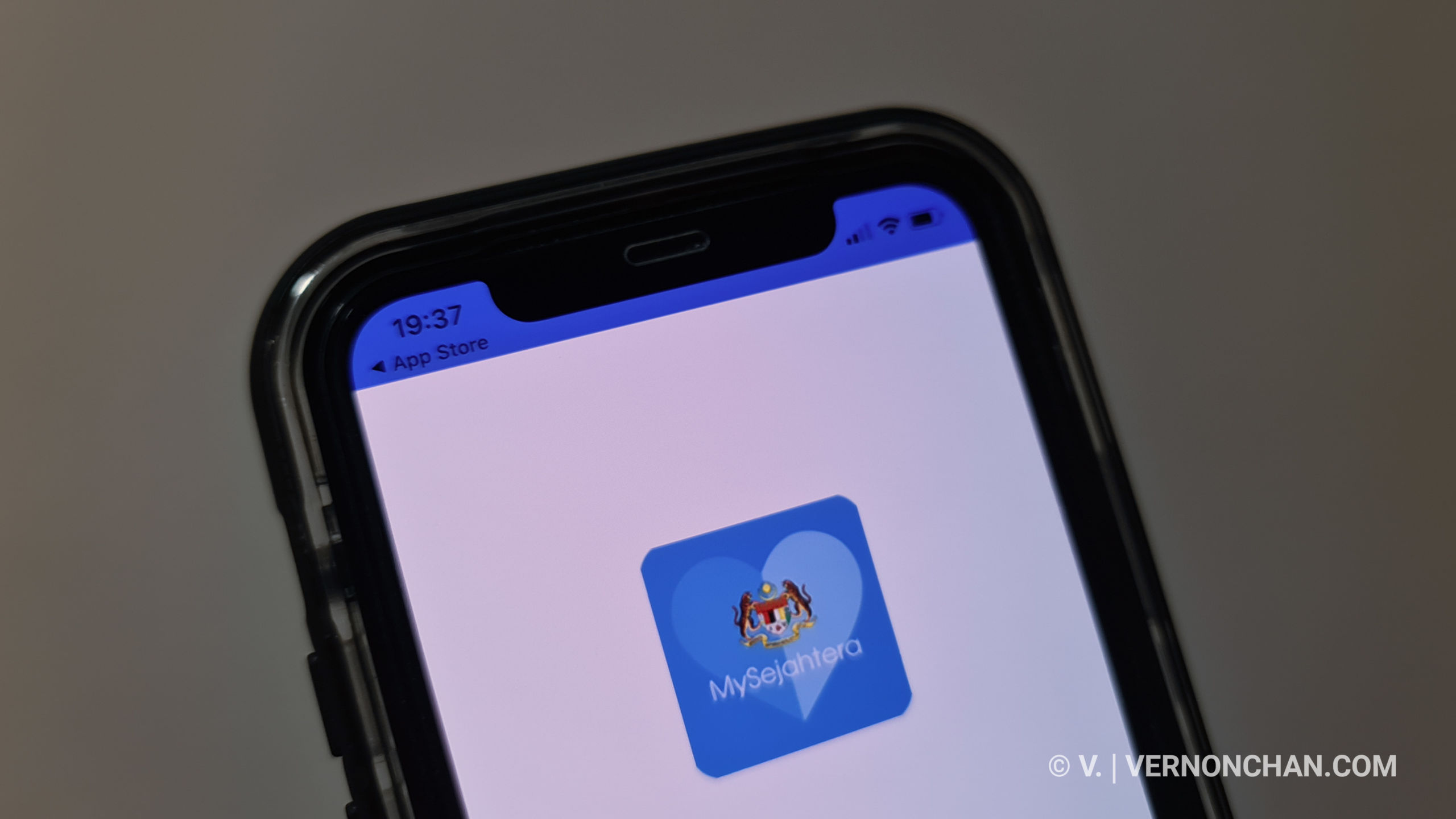The United States Navy has banned popular China-based social media app TikTok from government-issued mobile devices, Reuters reported. The Navy cited the app represented a “cybersecurity threat” although it did not elaborate on what dangers the app posed.
A bulletin was issued on a Facebook page serving military members, warning that users of government issued mobile devices who had TikTok and did not uninstall the app would be blocked from the Navy Marine Corps Intranet.
Last month, US army cadets were instructed not to use TikTok after security concerns were raised about the army using TikTok in their recruiting.
The Pentagon’s spokesman Lieutenant Colonel Uriah Orland said the “Cyber Awareness Message” sent on 16 December “identifies the potential risk associated with using the TikTok app and directs appropriate action for employees to take in order to safeguard their personal information.”
TikTok is owned by Beijing-based ByteDance Technology Co and the app is known as Douyin in China. The company acquired US social media app Musical.ly for USD1 billion in 2017, giving it instant access to the US teenage market.
Based on current data (Datareportal, 2019), TikTok has 500 million active users, making it the ninth biggest social network site, ahead of more established platforms like LinkedIn, Twitter, Pinterest, and Snapchat.
About a quarter of that number is based in China, although its growth in many Asian countries like Cambodia, Japan, Indonesia, Thailand, Malaysia, and Vietnam is booming.
To put it into perspective, it took Instagram six years to gain the amount of monthly users that TikTok has achieved in under three years. Facebook, on the other hand, took over four years.
The app is now available in 155 countries (Apptrace, 2019) and in 75 languages.
TikTok’s audience is primarily made up of teens and young adults, making up 41 percent of total users. So, if the platform baffles you, you’re not the target market.
It was previously reported that the US government has opened a national security review of the ByteDance-Musical.ly acquisition.









